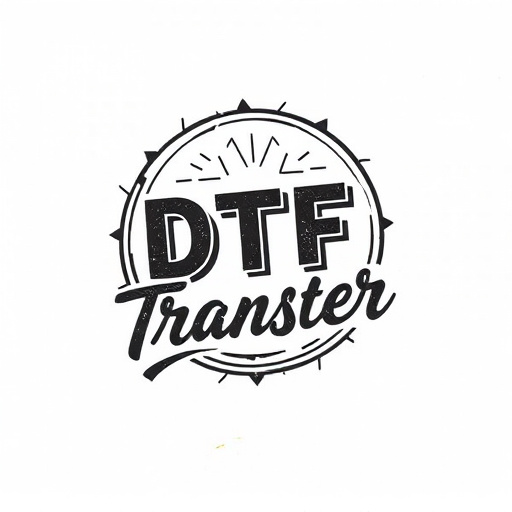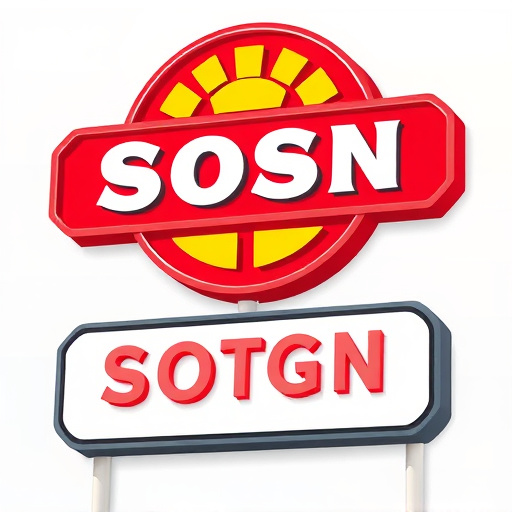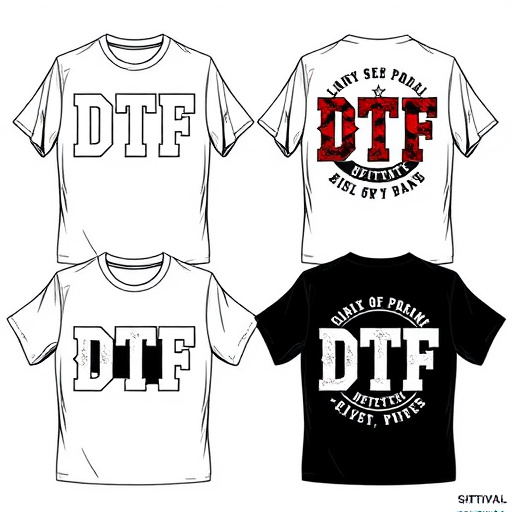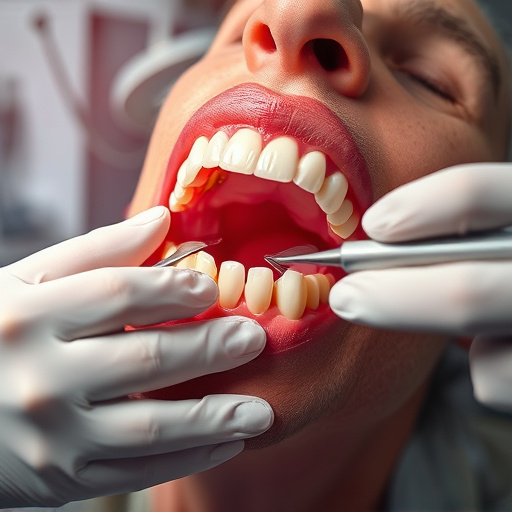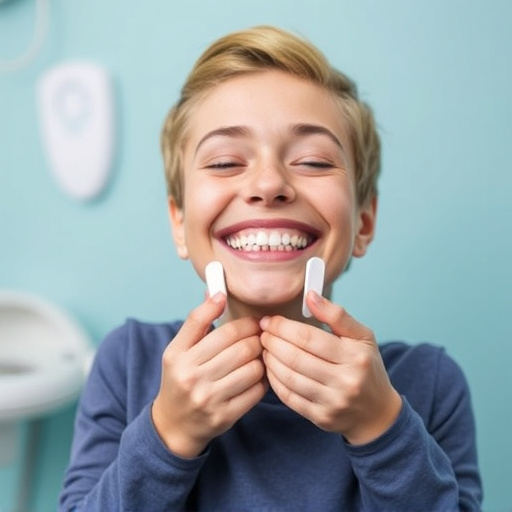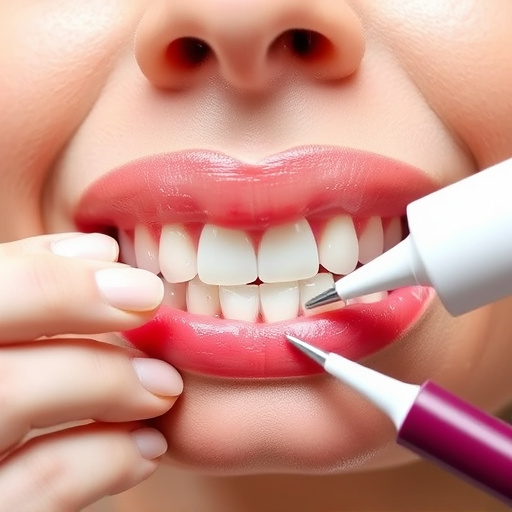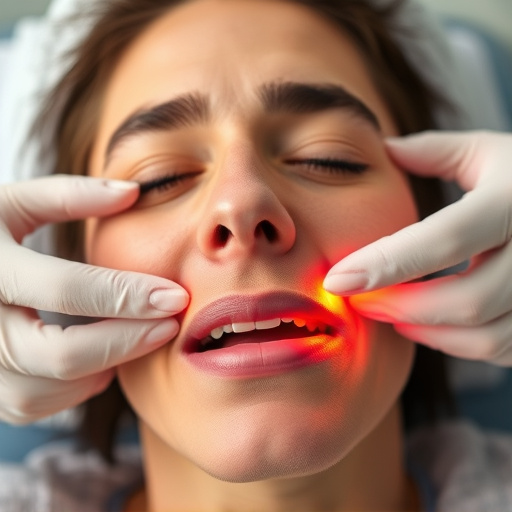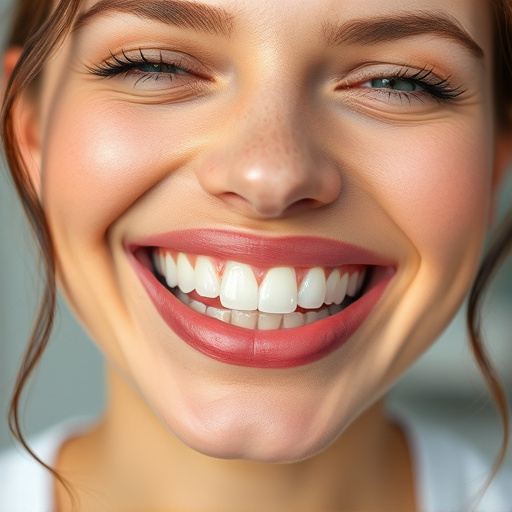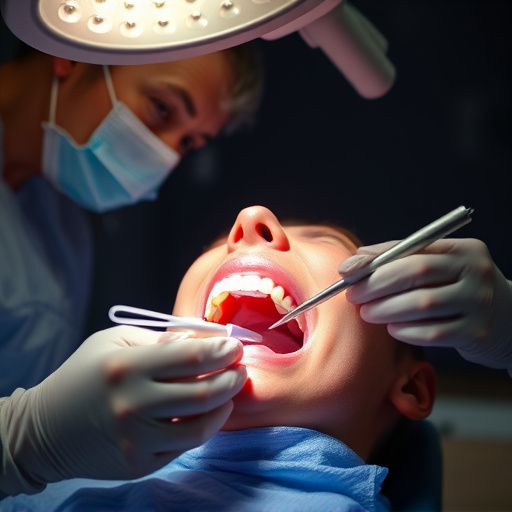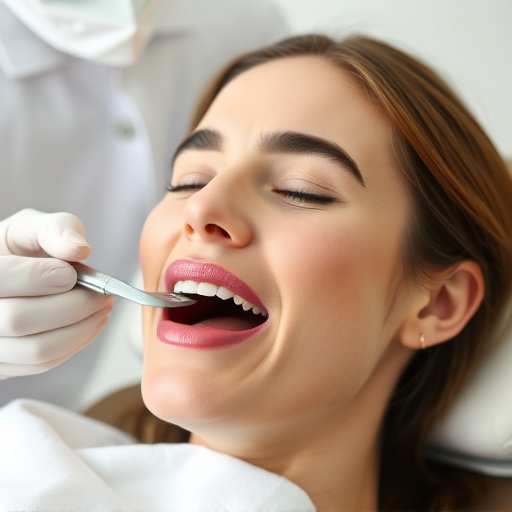Oral hygiene education is key to promoting lifelong dental health across diverse lifestyles. By teaching proper techniques since childhood, habits are established for excellent oral care into adulthood. This education reduces dental visits and costs, while preventing periodontal diseases and cosmetic dentistry needs, ultimately enhancing quality of life. Tailored programs cover age-appropriate topics from brushing basics to advanced adult care, empowering individuals to make informed decisions about their oral health.
Oral hygiene education is a cornerstone of holistic health, preventing issues from minor tooth decay to severe periodontal diseases. This article delves into the oral hygiene education essential for individuals across all ages and lifestyles. We explore why it’s crucial, tailoring strategies for distinct age groups, and providing tips to cultivate lifelong healthy habits. By understanding these aspects, we empower ourselves and others to maintain vibrant oral health.
- Understanding the Importance of Oral Hygiene Education
- Tailoring Education for Different Age Groups
- Creating Lifelong Healthy Habits: Tips and Strategies
Understanding the Importance of Oral Hygiene Education
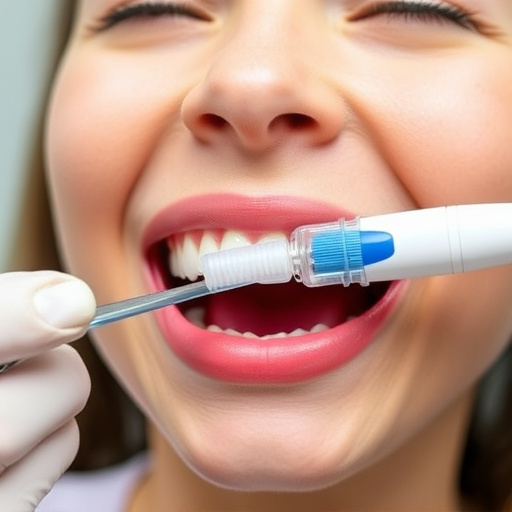
Oral hygiene education is a cornerstone of maintaining excellent oral health at every stage of life and for all lifestyles. It’s more than just brushing and flossing; it empowers individuals to make informed decisions about their teeth and gums, ultimately preventing dental issues that could lead to costly procedures like dental fillings or tooth repair. By understanding the right techniques and habits from a young age, children can develop good oral care routines that will serve them well into adulthood.
This education plays a pivotal role in promoting not just strong, healthy teeth but also a vibrant smile. Beyond its aesthetic benefits, it contributes to overall well-being by preventing periodontal diseases and other oral health issues that might necessitate procedures in cosmetic dentistry. Equipping individuals with the knowledge to care for their mouths can significantly reduce dental visits and the associated expenses, making it a valuable investment in long-term health and quality of life.
Tailoring Education for Different Age Groups
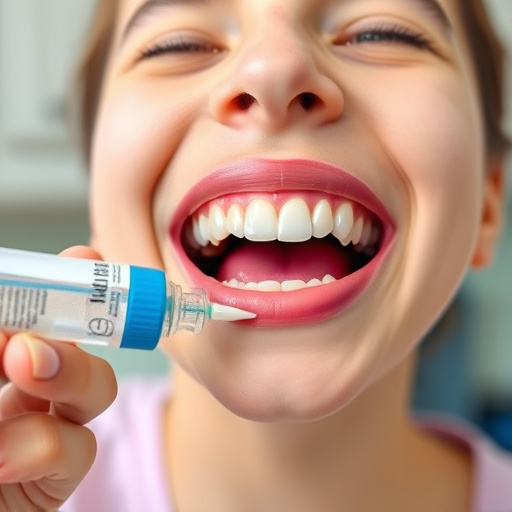
Oral hygiene education needs to be adapted to suit different age groups and lifestyles. For young children, the focus should be on establishing good habits from an early age, such as regular brushing and flossing, along with simple explanations of why these practices are essential for maintaining healthy teeth and gums. Educational tools like visual aids and games can make learning about oral hygiene fun and engaging.
As children grow into teenagers and young adults, the curriculum can expand to include topics like proper nutrition for dental health, understanding common dental issues like tooth decay and its prevention through fluoride use, and even introducing basic concepts of cosmetic dentistry. This age group is also more receptive to learning about the impact of oral hygiene on overall well-being and self-esteem. Additionally, providing information about dental fillings and when they might be necessary can help demystify dental procedures, fostering a sense of comfort and proactive care.
Creating Lifelong Healthy Habits: Tips and Strategies
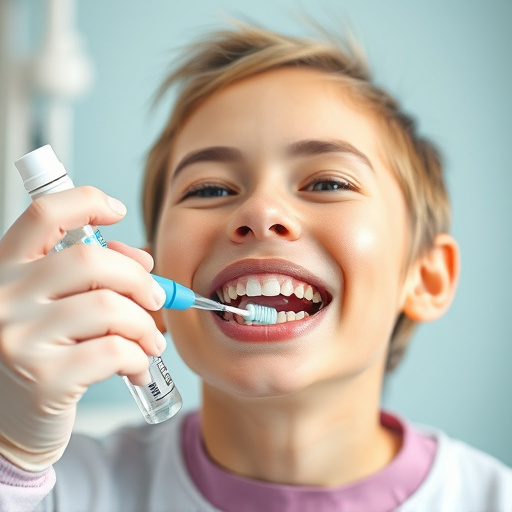
Teaching oral hygiene from a young age is key to instilling lifelong healthy habits. Parents and caregivers play a crucial role in modeling good dental care routines for children, ensuring they understand the importance of brushing, flossing, and regular check-ups. Start with simple, age-appropriate explanations and make it a fun activity; for example, using colorful toothbrushes or dental games can encourage kids to look forward to their oral care routine. As children grow, educate them about the impact of diet on dental health, introducing concepts like sugar and its effects on teeth. This foundation will empower them to make informed choices about their oral hygiene as they transition into adulthood.
For adults, incorporating oral hygiene education into everyday life can be a game-changer. Many adults may have developed poor habits or neglected their dental care due to lack of knowledge or time constraints. Offering practical tips like demonstrating proper brushing techniques and the right amount of fluoride toothpaste can be empowering. Encouraging regular dental check-ups, including professional cleanings and screenings for oral cancer, is essential for maintaining optimal oral health. Additionally, discussing restorative dentistry options like dental implants or cosmetic fillings as part of a comprehensive dental education can help individuals understand their treatment choices and promote proactive care.
Oral hygiene education is a vital tool in promoting overall health and well-being across all age groups. By understanding the specific needs and challenges of each demographic, we can tailor effective programs that foster lifelong healthy habits. From early childhood through adulthood, education should emphasize proper brushing techniques, floss use, and regular dental visits. Encouraging good oral hygiene practices at a young age sets individuals up for success in maintaining their smile throughout their lives. It’s never too late to start or improve upon oral hygiene routines, making continuous education and accessible resources beneficial for everyone, regardless of age or lifestyle.
